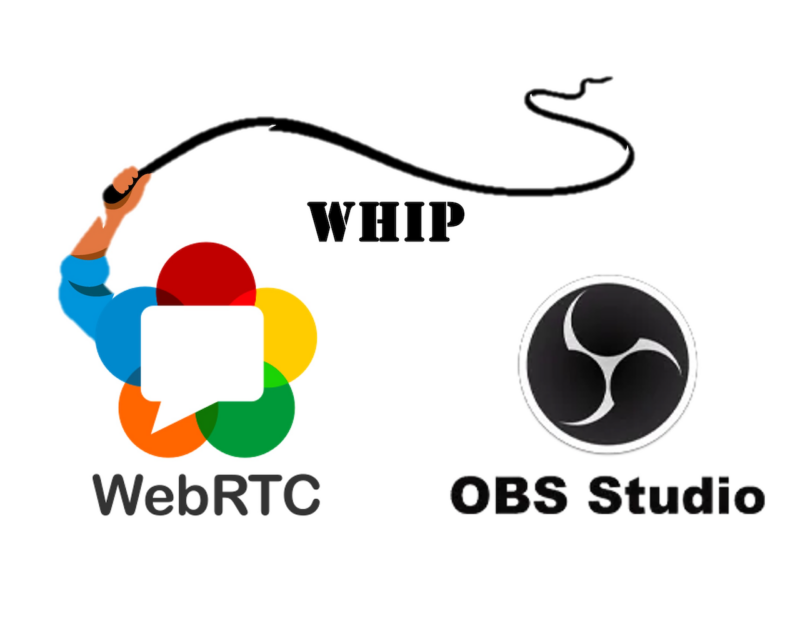Maximizing stream quality on an imperfect network in real-time is a delicate balancing act. If you send too much information then will cause congestion and packet loss. If you send too little then your video quality (or audio) will look like garbage. But how much can you send? One of the techniques used to find […]
Search Results for: simulcast
All the ways to send a video file over WebRTC
I am working on a personal Chrome Extension project where I need a way to convert a video file – like your standard mp4 – into a media stream, all within the browser. Adding a file as a src to a Video Element is easy enough. How hard could it be to convert a video […]
The Hidden AV1 Gift in Google Meet
Earlier last week a friend at Google reached out to me asking Does Meet do anything weird with scalabilityMode? Apparently, I am the go-to when it comes to Google Meet behaving weirdly :). Well, I do have a decade of history observing Meet’s implementation, so this makes some sense! It turned out that this was […]
WebRTC cracks the WHIP on OBS
Open Broadcaster Software – Studio or OBS Studio is an extremely popular open-source program used for streaming to broadcast platforms and for local recording. WebRTC is the open-source real time video communications stack built into every modern browser and used by billions for their regular video communications needs. Somehow these two have not formally intersected […]
Revealing mediasoup’s core ingredients: Q&A with Iñaki Baz Castillo
I interviewed mediasoup’s co-founder, Iñaki Baz Castillo, about how the project got started, what makes it different, their recent Rust support, and how he maintains a developer community there despite the project’s relative unapproachability. mediasoup was one of the second-generation Selective Forwarding Units (SFUs). This second generation emerged to incorporate different approaches or address different use cases a few years after the first generation of SFUs came to market. mediasoup was and is different. It is node.js-based, built as a library to be part of a serve app, and incorporated the Object-oriented approaches used by ORTC – the alternative spec to WebRTC at the time. Today, mediasoup is a popular SFU choice among skilled WebRTC developers. mediasoup’s low-level native means this skill is required.






